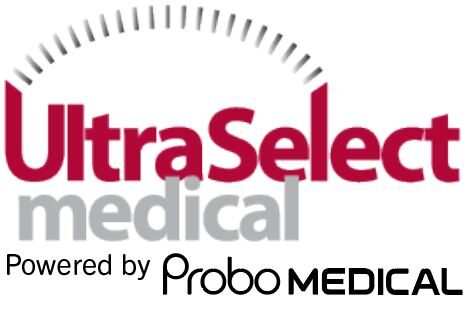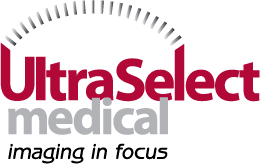When I tell people what I have done for living for the past few decades I get a quizzical look? This is followed by “oh you deal with court cases?” I love this one “All you do is watch babies?” No I am not a stenographer or a baby sitter. However these and other responses highlight the need for education in terminology. This blog will clear things up.
Many years ago we were referred to as technicians. The Webster definition at that time was a person who works in a technical area (not profession) with between six months and nine months of training. This category required no form of licensure or national exam. As this applies to ultrasound, it was true in the 1970’s. At that time we had mostly on the job training which fit this time frame. The manufacturers were few and all we did was Bscan with an articulated arm and foot pedals. Each exam took maybe two hours. That was a very different time.
Ultrasound Technologist came to be in the 1980’s. By this time the ARDMS was established and educators in our field knew their students had to pass those national exams. Now Webster and Department of Labor had a slightly more solidified idea of our job description. This definition now stated one to two years of college education required to perform this job. The ARDMS was not mandatory at that time either. I can tell you that the majority of schools at this time required a minimum of a Radiologic Technologist degree (not nursing) as an entrance requirement. I did both nursing and Radiologic Technology. The machines now had Pulsed wave Doppler and Color Flow Doppler. The physics was more intense to learn. More information about diseases and treatments was necessary to perform our job. With a two year degree and a certificate at the minimum in ultrasound that is now three years of college education.
Now we are called sonographers or ultrasonographers. Many of us now have Bachelor’s degrees in ultrasound or allied health and have several credentials with the ARDMS. Many states have legislation and health insurance companies have made it mandatory to have the ARDMS credential. There are others like CCI and ARRT but most of the credentialing states ARDMS in their policies. There are several times I have been asked by insurance companies to submit peer reviewed cases, reports and a copy of my ARDMS card for my employer to get reimbursed. Merriam Webster says that a sonographer is a specialist who uses ultrasound.
The Department of Labor still defines us as technologists. Here is the reason. They look at it from a fair wage act information category. To do this they classify us accord to the minimum entry level of that job. They still list it as minimum of an Associate’s Degree. They need some updating for sure.
There is a schism between what is generally considered professional and non professional. A four year degree is considered professional level in every sector I can think of. Anything less is considered non professional. Even though we are professional in our demeanor on the job it is not the same thing. Now let me insert the exact working from the DOL.
“Technologists and technicians, such as engineering technicians, ultrasound technologists, licensed veterinary technicians, avionics technicians and other similar employees are not exempt under Section 13(a)(1) from the minimum wage and overtime requirements of the FLSA because they generally do not meet the requirements for the learned professional exemption.”
“To qualify for the learned professional employee exemption under 29 C.F.R. § 541.301, all of the following tests must be met:
- The employee must be compensated on a salary or fee basis (as defined in the regulations) at a rate not less than $684* per week;
- The employee’s primary duty must be the performance of work requiring advanced knowledge, defined as work which is predominantly intellectual in character and which includes work requiring the consistent exercise of discretion and judgment;
- The advanced knowledge must be in a field of science or learning; and
- The advanced knowledge must be customarily acquired by a prolonged course of specialized intellectual instruction.
Technologists and technicians do not meet these requirements for the learned professional exemption because they do not work in occupations that have attained recognized professional status, which requires that an advanced specialized academic degree is a standard prerequisite for entry into the profession.”
While many sonographers have education that is considered “learned” and advanced, there is some catching up to do on the part of the government. The above document is in the hands of every hiring manager that relates to ultrasound as well as HR departments. Many medical facilities still do not want to pay for a professional level sonographer either. The fact is also true that if facilities are still referring to us as technicians it is because they still think of us this way. Perception needs correction.
Words mean everything. Using the correct ones means you are now knowledgeable in what each one means. Now the public is a different story. That may take a while.


